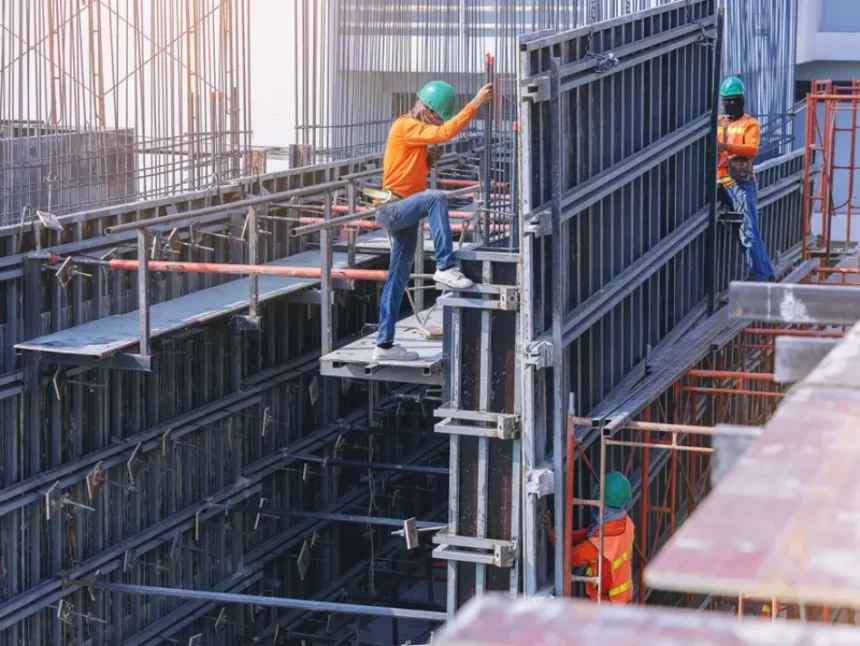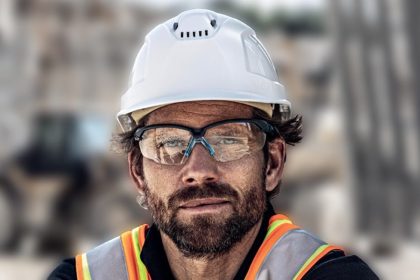The death of a 17-year-old construction apprentice last month has ignited calls for an overhaul of construction safety regulations.
Tyler Whitton fell over three metres at a West End construction site in late September. Sustaining a critical head injury, Whitton was rushed to hospital before succumbing to his injuries the following day.
Tyler was in the first year of his apprenticeship, and his untimely death has been described as an “enormous tragedy for someone so young”.
Construction Forestry Maritime Mining And Energy Union (CFMEU) State Secretary Michael Ravbar said the young apprentice’s death could have been prevented.
“That site has been stopped on numerous occasions. There was no head protection, there was no scaffolding,” he said in a statement.
“I’ve been around for a number of years, but this is probably the worst fatality I’ve ever seen.”
The incident came in the wake of a social media post by the union exposing alleged “unsafe practices” at the CS Development Group’s site. The video showed incomplete scaffolding, non-compliant access and major risks of falling from heights at several locations on the top deck.
Workers had allegedly raised concerns previously about the site “pushing productivity over safety”.
Instead of immediately shutting down the site, Work Health and Safety Queensland inspectors allowed a concrete pour to continue despite clear safety risks to workers.
In a statement, a CSDG spokesperson said were “committed to the safety and wellbeing of workers” and had employed two full-time safety staff on-site.
“CSDG expresses our deepest sympathy and concern for the family of a worker for an external contractor involved in a tragic accident at our West End site,” the statement read.
Young workers in danger
According to the latest data by Safe Work Australia, one young worker dies every month at job sites across Australia.
Of the 163 deaths of young workers over the last decade, the majority occurred in the agriculture, forestry and fishing industries (24 per cent), the construction industry (24 per cent) and the transport, postal and warehousing industries (17 per cent).
A report released by the organisation in July also found that from 2015 to 2020, serious claims rose by 41 per cent over four years despite the number of apprentices and trainees increasing by 13 per cent.
Technicians and trade workers were responsible for almost 90 per cent of these claims.
“These are not insignificant injuries,” the report stated.
“Serious workers’ compensation claims are those that result in five or more days lost from work.”
Calling for change
Over 10,000 building and construction workers marched outside Parliament House only weeks before Mr Whitton’s death, demanding mass changes to the “outdated” Workplace Health and Safety Act.
An amendment bill for the act is expected to be introduced to parliament later this year, which the government said would address the “majority” of protestors’ concerns.
Mr Ravbar said serious incidents were happening regularly on building and construction sites across the state, and he renewed calls for an overhaul of the workplace safety regulator.
“This totally preventable death follows repeated warnings from the CFMEU about the need to modernise outdated regulations about heavy plant and equipment,” he said.
“How many more catastrophic incidents do we need to see before this government decides to act?
“This is yet another shocking incident overseen by the failing Minister for Transport and Main Roads, Mark Bailey.
“Construction workers have had enough of Bailey’s apologies. We’re sorry that Bailey is still in his job.”




